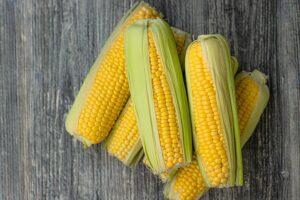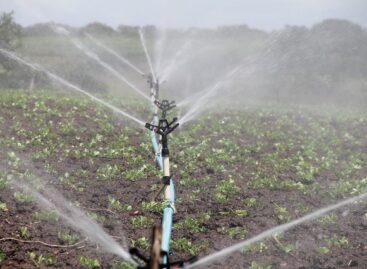The favorable GHG emission values of domestic grain and oil crop cultivation have been accepted
On October 1, 2024, as the fifth member state, the European Commission positively evaluated and accepted at a technical level the regional greenhouse gas (GHG) emission values from the cultivation of plants used for biofuel production in Hungary. The government has successfully concluded a long and difficult process in proving the sustainable cultivation of domestic grain and oil crops from the point of view of climate protection, in which the cooperation of the sector actors and the public administration was excellent.
 The GHG emission values of grain corn, winter cabbage rape, sunflower, winter wheat and soybeans accepted by the European Commission do not in any case put domestic producers and biofuel processors at a competitive disadvantage. Since the emission values of our plants are typically not higher compared to the Danish, German, Lithuanian and Czech values accepted so far, our country is the only EU member state with accepted soy and sunflower emission values. We thus managed to preserve the market competitiveness of the domestic grain and oilseed sector not only against countries with already accepted values, but also against the other member states, since they are only allowed to use the EU average values, which are typically higher, i.e. less favorable than the calculated values.
The GHG emission values of grain corn, winter cabbage rape, sunflower, winter wheat and soybeans accepted by the European Commission do not in any case put domestic producers and biofuel processors at a competitive disadvantage. Since the emission values of our plants are typically not higher compared to the Danish, German, Lithuanian and Czech values accepted so far, our country is the only EU member state with accepted soy and sunflower emission values. We thus managed to preserve the market competitiveness of the domestic grain and oilseed sector not only against countries with already accepted values, but also against the other member states, since they are only allowed to use the EU average values, which are typically higher, i.e. less favorable than the calculated values.
The success of the preparation and acceptance process is due to multi-stakeholder and exemplary cooperation, as the process was able to be concluded at the forefront of the EU at the request of the sector actors, under the coordination of the Ministry of Agriculture, with the calculation of the Agricultural Economics Institute (AKI) and the negotiation of the Ministry of Energy.
In 2023, the European Commission announced that the previous regional greenhouse gas (GHG) emission values (so-called NUTS2 values) developed and recognized in the framework of RED I are no longer valid and invited member states to submit new calculated values for recognition. Hungary complied with this request by submitting a report to the European Commission on the GHG emission levels typical of the cultivation of agricultural raw materials for the NUTS 2 regions and the five most important arable and oil crops within the framework of RED II. This was accepted by the European Commission on a technical level on October 1, 2024, information on the fact of technical acceptance is available here.
Related news
NAK: farmer needs assessment can help the development of irrigation training
🎧 Hallgasd a cikket: Lejátszás Szünet Folytatás Leállítás Nyelv: Auto…
Read more >









